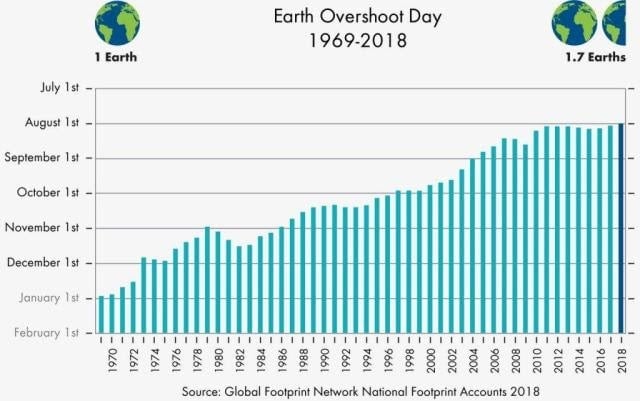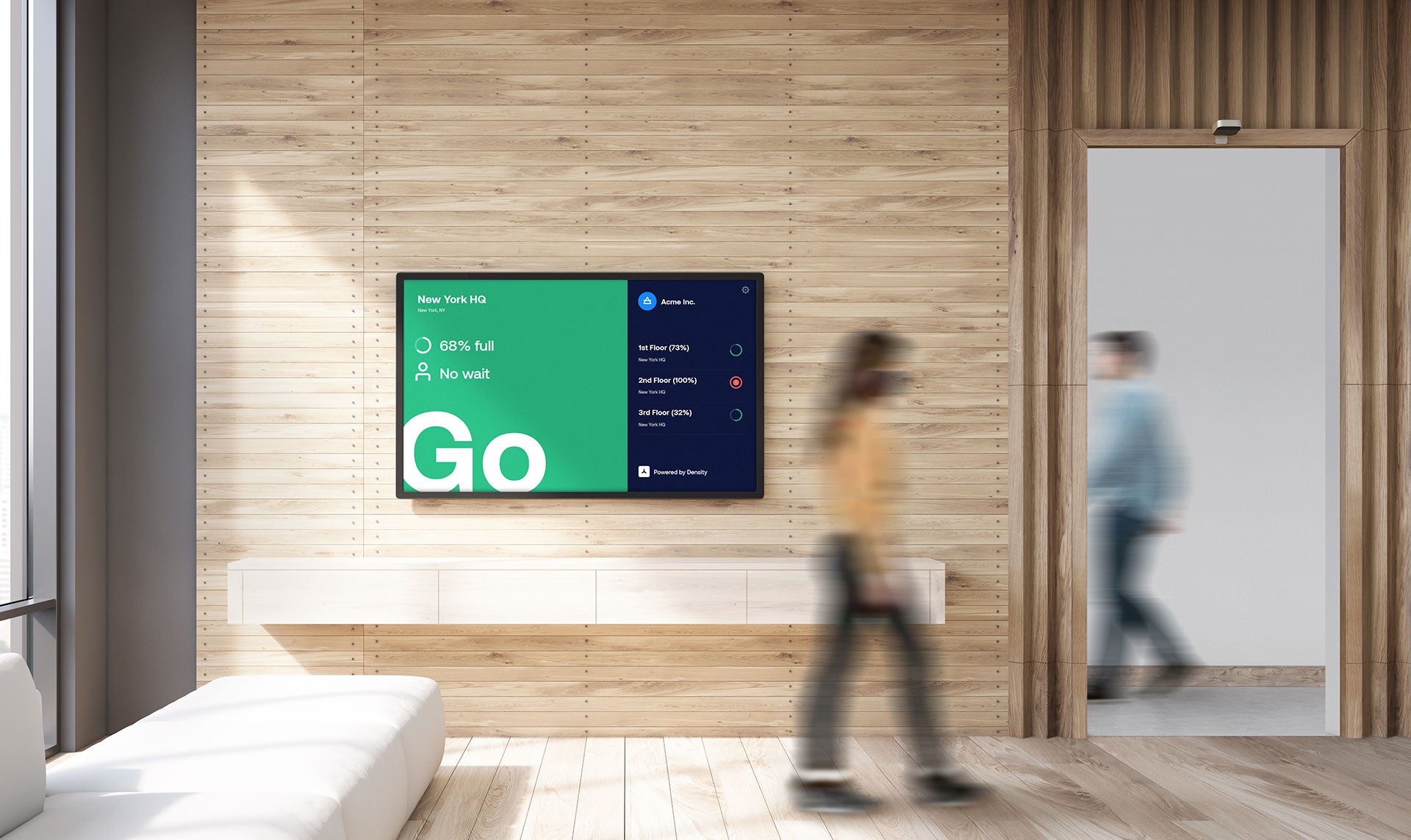Weekend edition—Saving company culture, natural capital, what’s in it for white men?
Good morning, Quartz readers!

Good morning, Quartz readers!
If sudden national lockdowns proved anything to the business world, it’s that mass remote work is more possible than many ever dreamed. But as the dust begins to settle, many also say they miss the office.
Chance conversations, jokes, shared complaints, and shared lunches—the things we miss are often intangible. Collectively they can be called “company culture,” an amorphous term which might refer to the way an employee experiences a firm, the way a firm tries to present itself, or a mixture of the two. Company leaders may well bring in a raft of measures to try and give their employees a sense of cohesion or inclusivity. But culture is idiosyncratic and often consists of the very things—interpersonal relationships, happenstance—that are most difficult to force.
A July study conducted by Quartz and Qualtrics, a firm that helps companies manage employee experience, sought to understand how global employees’ experience of company culture had changed since Covid-19. Perhaps surprisingly, 37% of those surveyed said they thought culture at their workplace had improved since the beginning of the pandemic, compared to 15% who felt it had deteriorated. Almost half said they felt more connected to their organization, compared with 18% who felt less so.
Of course, it’s early days for the new, remote-heavy workplace. Culture will likely change further, and may deteriorate, while the ways we work are certainly still in flux. But one reason for any perceived improvement might be that many workplaces are making a new effort to take concerns like inclusivity seriously. In part, this is because the pandemic has foregrounded employees’ personal circumstances, which companies used to be able to ignore. Workers are letting managers into their lives, and managers are opening up in turn. Seeing people’s homes, dogs, kids, spouses, and lack of haircuts has brought us closer.
The next phase of the post-pandemic office will tell us whether any extra closeness wrought by the necessities of lockdown will last. If it does, will it be enough to counteract the wariness we’ve developed via months of extra vigilance, time alone, layoffs, and worries about everything from our family’s health to our country’s economy?
Workplace social interaction is unlikely to rebound to pre-pandemic levels soon: There will be fewer hang-outs by the beer keg. But when we come back together, we might do so with a renewed appreciation for what the office brings us. And we might be kinder, gentler, and more open to diversity as a result. —Cassie Werber
Five things on Quartz we especially liked

The distinctly Indian celebration of Joe Biden’s VP pick. Kamala Devi Harris—those first two names are amusingly old-fashioned to modern Indians, as my colleague Itika Sharma pointed out—had an Indian mother and a Jamaican father. After her parents’ divorce in the early 1970s, say Manavi Kapur and Ananya Bhattacharya, Harris was raised by her mother to retain strong connections to their Indian roots, which isn’t always a priority for top-level US politicians. —Hasit Shah, deputy editor, global finance and economics
Covid-19 and the other epidemic. It wasn’t long ago that the opioid epidemic was the biggest public health crisis facing the US. While the coronavirus pandemic has overwhelmed healthcare providers and researchers, the problem of rampant opioid addiction hasn’t gone away. In fact, Annalisa Merelli reports—due to a drain on resources, funding, and refills—it’s only getting worse. —Oliver Staley, culture & lifestyle editor
What’s in it for white men? When a US nonprofit surveyed white, straight, cisgender men on how they felt about diversity, equity, and inclusion (DEI) at work, 90% of respondents said improving diversity was either somewhat or very important. However, as Sarah Todd reports, fewer than 60% of men in the second “true believer” group were also backing their professed belief with action. While the most common reason men gave is emblematic of the blinding effects of privilege, Todd suggests, it also hints at how to inspire change. —Lila MacLellan, Quartz at Work senior reporter
Syringe-worthy. As scientists race towards a vaccine that safely protects from Covid-19 infection, others are beginning to consider how we’ll hand out those vaccines once we’ve got them. Olivia Goldhill expertly lays out all the distribution schemes—the logical, the complicated, the legally questionable—and how each one demonstrates a different understanding of risk. —Alex Ossola, special projects editor
Tie dye is peak pandemic fashion. Now here’s a fashion trend I can get behind: Jenni Avins reports that tie dye is in the midst of a renaissance, propelled both by consumers’ hunger for comforting (and comfortable) clothes and by people eager for homebound activities. After reading about the therapeutic benefits of tie-dye, I’m ready to order a kit myself. —Sarah Todd, senior reporter
Completely unfun fact about natural capital
Mark your calendars, but do it in pencil: The symbolic day of the year when humanity “overshoots” the Earth’s carrying capacity is creeping steadily earlier. In 1970, “Earth Overshoot Day” was in late December. This year, it’s Aug. 22.

To take into account all of 2020’s weirdness, this year’s calculation was a little different (and a little less grim). But that doesn’t mean you should celebrate—we’re on track to make up for it, and then some. Yay, humans. Read more about natural capital (which isn’t always unfun) in the latest Quartz Weekly Obsession.
Want to see our newest obsessions as soon as they’re published?
Come on in, the hand sanitizer is fine
To reopen an office during a pandemic, companies must contend with a two-fold challenge: Making facilities safe for occupancy, and convincing employees that it actually is.
Solving for these physical and psychological hurdles has kept architects, engineers, and designers busy over the last few months. In our latest field guide to reimagining the office, we go beyond plastic partitions and masking tape to look at several promising evolutions on design solutions for the office. Here’s an example:

Facing a rigamarole of screening, questionnaires, and queues isn’t the most productive or pleasant way to begin a work day. Dunn says offices would fare better if they designed this experience with a concierge’s mindset: efficient, warm, and welcoming. The right technology can help employees plan ahead and have better control of the day.
Density guards, for example, are automated crowd tally counters that can also help people maintain proper social distancing. Mounted on a ceiling or a door frame, they offer an instant picture of how crowded a space is, without registering the identity of occupants. Density IO’s turnstile feature also projects a green light when it’s safe to enter a space.
✦ It’s safe to enter the Quartz space beyond the paywall—all the field guides live there, incidentally—and right now it’s 40% off for your first year of membership.
Five things from elsewhere that made us smarter
The struggling elite. Anyone with an Instagram account can relate to the very weird summer Rachel Connolly describes in this timely and essential essay in the Guardian. “Infinity pools appear on the same social-media feeds as pastel-colored infographics advocating for socialist policies,” she writes. As a pandemic-induced economic depression appears more inevitable by the day, I’ve had less patience for masking privilege behind social media posturing. Time for rich millennials to put their money where their mouth is. —Max Lockie, deputy news editor
Too exceptional. Months into the beginning of the Covid-19 pandemic, and one thing is clear: The US failed to protect its people from it—spectacularly so. In his feature for The Atlantic, Ed Yong seeks to answer the question of how the richest country in the world botched its response to the biggest health crisis in a century. What he finds is a long list of mistakes—the more obvious made by the current administration, but the most serious resulting from decades of neglecting public health crises, including access to care, racism, and inequality. —Annalisa Merelli, geopolitics reporter
The billion-dose billionaire. India’s Adar Poonawalla comes from a line of entrepreneurs who turned from raising race-horses to releasing vaccines—the animals, it turns out, provide an efficient factory in which serums can fight tetanus and snake venom. Now, as Ari Altstedter explains for Bloomberg, his Serum Institute has a contract to produce one billion doses of a coronavirus vaccine under development by AstraZeneca and the University of Oxford. And because he owns one of the largest vaccine manufacturing facilities in the world, Poonawalla will be at the center of the global fight against the pandemic—private jet, Mercedes BatMobile, miniature horses, and all. —Tim Fernholz, senior reporter
Get lost at sea. “Looking back, John Aldridge knew it was a stupid move.” So begins the remarkable story of a Montauk, NY lobsterman who fell off his boat in the north Atlantic, 40 miles offshore, in the middle of the night. The Daily podcast resurrected Paul Tough’s 2014 New York Times magazine story reconstructing Aldridge’s plight for a spectacular “Sunday read.” Sure, it’s a reminder of human resilience amidst isolation and danger. But also, it’s just a great story, and it’s nice to be read to. —Jenni Avins, senior lifestyle correspondent
Classically Covid. A treat for your ear, when your eyeballs and analytical brain need the weekend off: Wearing a KN95 face mask for an hour-long performance at the Tanglewood Online Music Festival, virtuoso pianist Daniil Trivonov playing J. S. Bach’s last, unfinished work, evokes the disconcerting beauty of these times. —Anne Quito, design reporter
Our best wishes for a relaxing but thought-filled weekend. Please send any news, comments, inspiring words, and mouse ears to [email protected]. Get the most out of Quartz by downloading our app and becoming a member. Today’s Weekend Brief was brought to you by Cassie Werber, Michael J. Coren, and Susan Howson.